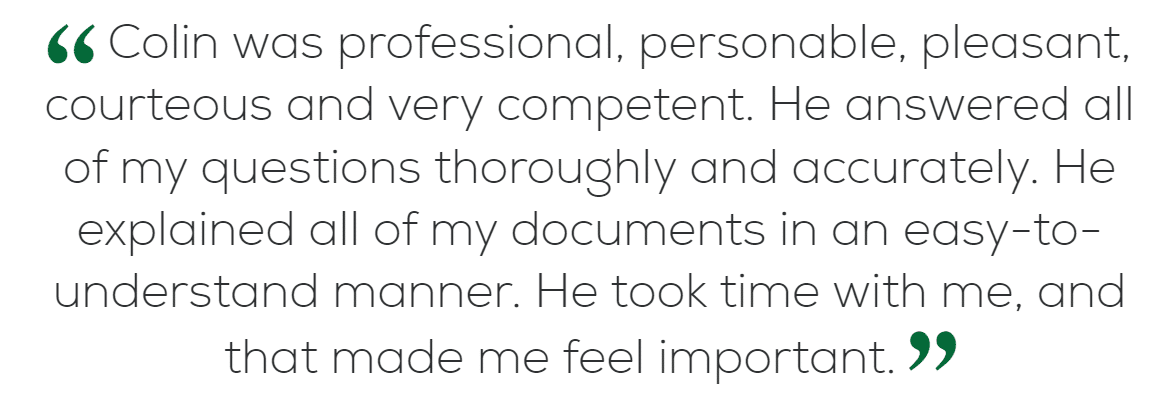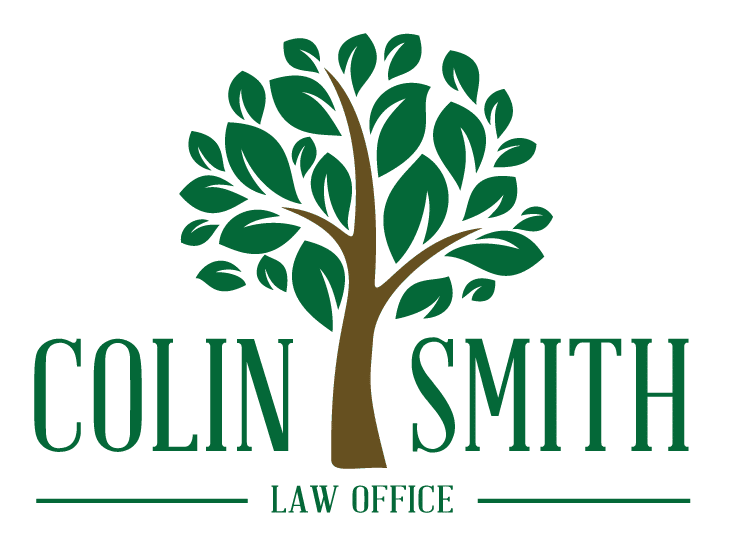Estate Planning: Planning for the Present and the Future.
No two people are alike and, therefore, no two estate plans are alike.
Estate planning is a process. It involves people (your family and other individuals) and your assets and the various forms of ownership and title that those assets may take. Estate planning not only addresses who handles your affairs and inherits upon your death, but also addresses your future needs, and your children’s needs, in case you ever become unable to care for yourself. Through estate planning, you can determine:
- How and by whom your assets will be managed for your benefit during your lifetime if you ever become unable to manage them yourself.
- How and to whom your assets will be distributed after your death.
- How and by whom your personal care will be managed and how health care decisions will be made during your lifetime if you become unable to care for yourself.
- Who will raise your minor children upon your death and how the assets held for their benefit is to be managed.
Many people mistakenly think that estate planning only involves the writing of a will. However, in California, generally speaking, a will is subject to probate. Probate is time consuming and costly and should be, and can be, avoided through proper estate planning. To avoid probate in California, you must either pass away with insufficient assets to warrant a probate proceeding or establish and fund a living trust.
Is a Living Trust All I Need?
No. A living trust does not, however, remove all need for a will. Generally, you still need a will—known as a pour over will—to cover any assets that have not been transferred to the trust. The pour over will references the living trust and directs that any assets not already transferred to the trust shall be transferred to the trust upon your death and distributed according to it’s terms.
In addition to a living trust and pour over will, proper estate planning also includes a durable power of attorney and advance health care directive. These are the documents that authorize someone to act on your behalf in the event that you are unable to do so yourself (i.e. dementia, coma, out of the country, etc.).
Estate planning is dynamic process. Just as people and assets change, your estate plan may change, but the cornerstone of proper estate planning typically includes a living trust, pour over will, durable power of attorney and advance health care directive.



